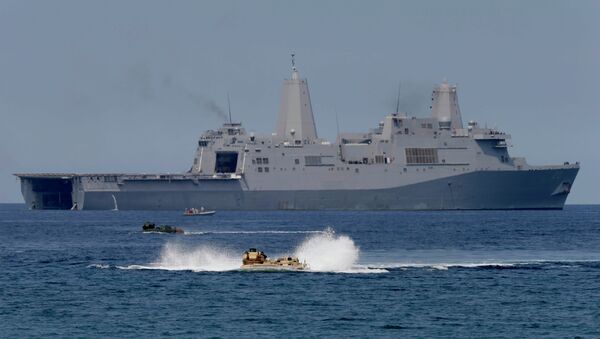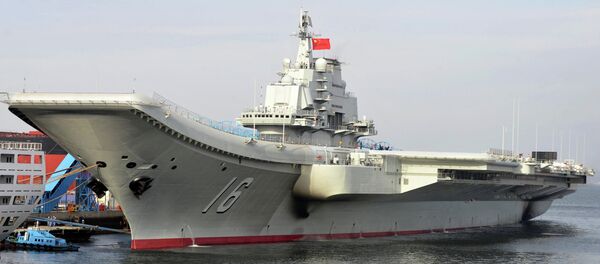"China has now a huge and empowered working class," according to Ewing. Hundreds of millions of peasants were able to move to urban environments because of the growing economy.
It's unlikely the Chinese economy will see fluctuation, Ewing believes. The country's economy will continue to grow but in the case of a global economic slowdown, China will, along with the rest of the world, witness a more difficult trade environment.
"During the big recession of 2008, that was close to depression in many parts of the world, China grew very well at 10 percent," Ewing said, "and they did it through investment in domestic production."
"If your economic system can produce values with less labor input, you system is going to win; China is doing that now," he added.
Erwing stressed that Chinese capitalists tend to take money out of the country as they are afraid that Xi Jinping's government will tax them beyond accepted norms.
China and the US both raise capital but do it in different ways, representing the difference between one definition of capitalism and a particular form of socialism, Ewing underscored.
"The Chinese stock market is speculative really, and the US stock market is an important way to raise capital for business expansion," he said, adding that, "companies in China don't raise capital on the stock market; they raise it in the banking system."




